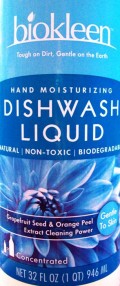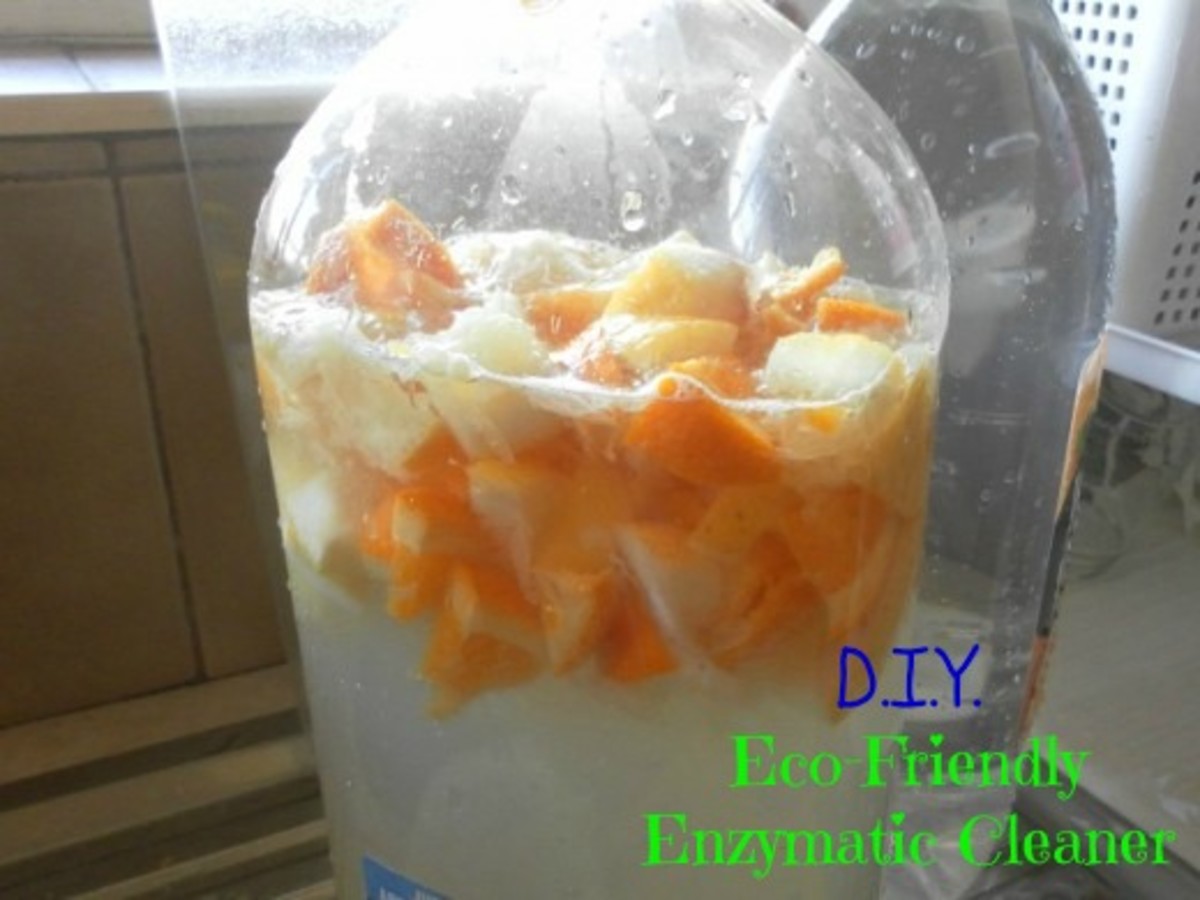How To Choose Eco-Friendly Detergents
Detergent has become an important part in our life since we use it for daily laundry cleaning. Knowing how to wisely choose the detergents we use for our laundry will mean a lot for our environment protection.

Some Detergents are not Human nor Environment Friendly .
Conventional detergents normally use synthetic surfactants like Nonyl Phenol (NPE), Alkyl Benzene Sulfonates (ABS),or Linear Alkyl Benzene sulfonates (LAS). NPE, ABS and LAS are slow to biodegrade and they can cause skin irritation and allergics. According to some research NPE has the effect of infertility on male fish and it is also suspected of causing breast cancer.
Phosphates, chlorines and petroleum in detergents are also considered responsible for some problems. Phosphates are added to detergents to soften hard water and help clean clothes. Although phosphates is present naturally in ecosystem but excessive phosphates from detergents will cause excess growth of weeds like water hyacinth (Eichornia crassipes) in many reservoirs and other aquatic weeds. Known also as diseases vectors, those weeds later create sediments on the bottom and eventually disturb the function of the reservoirs and clog the rivers around them.
Phosphate in water also depletes oxygen needed by various aquatic organisms. The presence of excessive phosphates in water body will minimize number of living organisms in the water.
Fragrances in Detergents.
Most of conventional detergents contain artificial fregrances which are petroleum based. There are some disadvantages of using petroleum fragrances. The extraction process of petroleum will cause ecological and environmental damage and this artificial fragrance often cause allergic and asthmatic reactions to human body.
Many detergents also use brightener which enhances the whiteness of fabrics. Besides its toxic effects to fish and aquatic animals and cause bacteria mutations, brighteners also cause environment pollution because they are not biodegradable.
Be also aware that toxic detergents which are used in our clothes washings will also contact with our skin and can be source of skin irritation too.
What Are The Best Detergents for Us ?
Green products, including green detergents, are now a popular trend. Many products claim that they are made of safe materials or they contain environmental friendly materials. Can we be sure that their products are really biodegradable, safe, organic, and non toxic where as on the other side there is no regulations which oblige detergent makers to disclose the contents of their products ?. So, It's a matter of responsibility.
A responsible company producing green, environmentally friendly detergents will give the list of ingredients on their products. Let's give our supports by purchasing these ones.
Some Important Steps in Choosing Green Detergents:
Keep away from detergents which do not include a complete list of ingredients. Based on their ingredients, there are some pointers which can be used in determining an eco-friendly detergent :
1. No Phosphates or low phosphates and Chlorine-free. As described above that phosphates cause environmental problems and chlorine is very toxic and should not be used in detergents.
2. Choose detergents which do not use artificial colors and strong fragrances (fragranceless/ non perfumed is the most preferable). Eco-friendly detergents normally use safe fragrances made of essential oils, oils which are extracted from fragrant plants like lemon, roses, clove, ylang-ylang or cananga, etc. These oils have natural-soft smells and cause no negative effects.
3. They use biodegradable ingredients
Green laundry detergents are made of non-toxic, biodegradable, plant-derived and non-volatile materials. Most "green" laundry detergents use oil made from plants, such as corn, palm oil kernel and coconut. In addition, they avoid using ingredients that can be harmful to aquatic life.
4. Without color additive. Environment friendly detergents should not contain color additive since it's effects also harmful to environment.









